Artefacts of Devotion: A Sufi Repertoire of the Qalandariyya in Sehwan Sharif, Sindh, Pakistan
The Indian subcontinent has a remarkably rich heritage of complex cultural formations. One of these can be seen in Sindh -- now a province of the Islamic Republic of Pakistan. Sindh’s cultural heritage is marked with distinctive characteristics, which is today preserved not only in Pakistan, but also by a diasporic community in other regions of South Asia and beyond. Even if Sindh’s engagement with Islam goes back over a millennium: to the Arab invasion of the early eighth century, it can be defined, in religious terms, as a deliberately marginal region, or perhaps better, an independent locality. Resultantly, Sufism took roots here. And its popular saints and their shrines have had multiple clientele from different religious backgrounds.
Michel Boivin: a distinguished scholar of South Asia history and culture, with specialized interests in Sindh, here introduces the readers to the striking architectural complex of Sehwan Sharif shrine of Lal Shahbaz Qalandar: one of the Sufi icons of Sindh. While he may have been one of unconventional qalandar dervishes -- who came from Persia and Central Asia to India during the 13th century, Shahbaz Qalandar has taken on larger-than-life characteristics since he became fervently adopted as one of the sons of Sindh. His kalam made him “a symbol of daring authenticity during times of stifling conformity”. Exploring the Lal Shahbaz shrine, the author offers a comprehensive description of its entire architectural complex as well as the history and significance of the diverse material artrfacts: the “Sufi repertoire”, associated with it.
“Michel Boivin has made a major contribution to the understanding of this marvellous pilgrimage centre, in which he draws upon his extensive contacts with key figures related to these shrines,” says Carl W. Ernst in his Foreword to the book. Boivin’s narrative is generously supported by exquisite photographs of monuments and arterfacts
Get it now and save 10%
BECOME A MEMBER

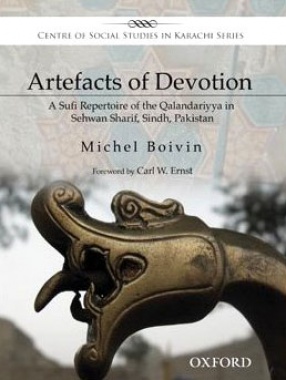
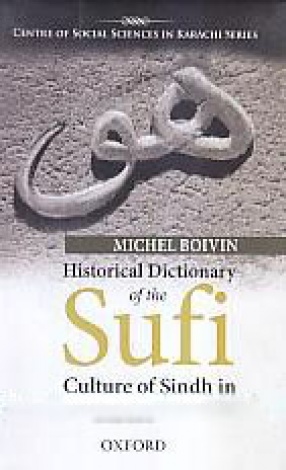
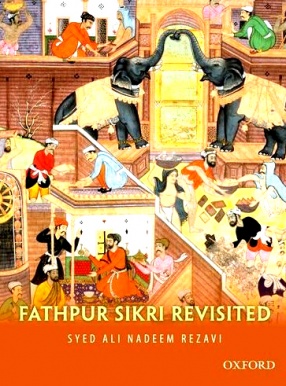
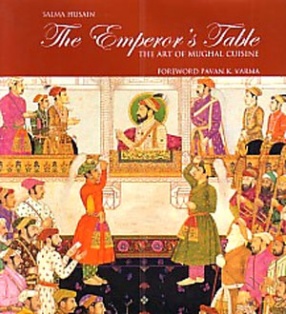
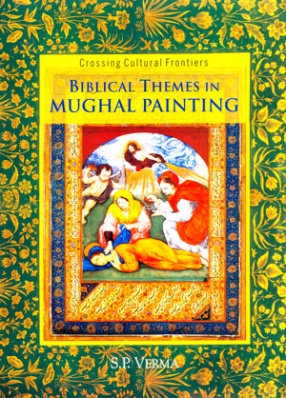
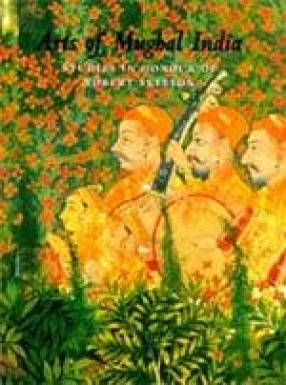

Bibliographic information
Carl W. Ernst